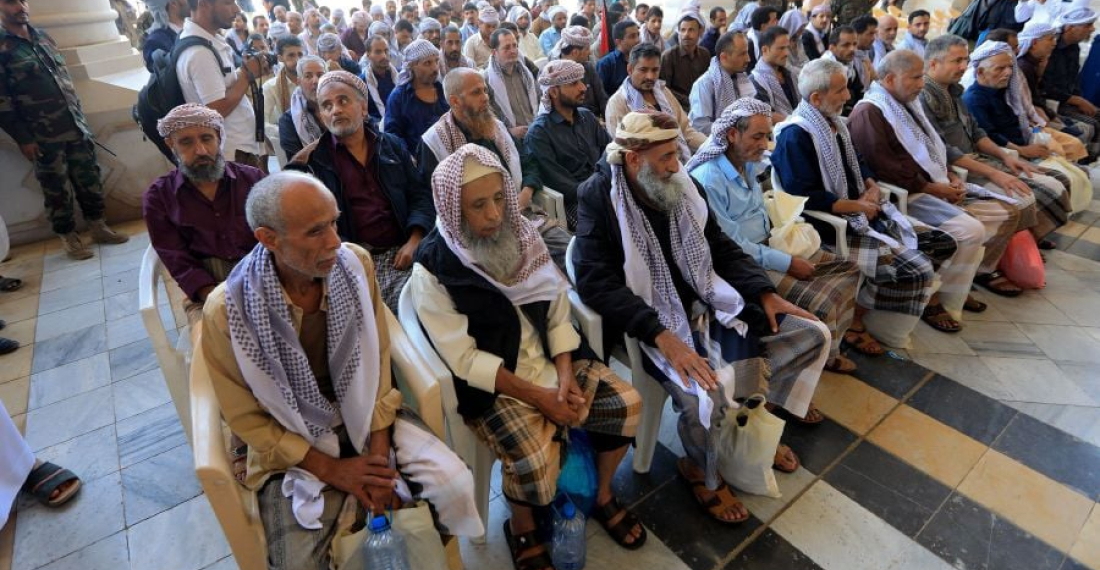Yemen's Houthi rebel group released more than 100 detainees in Sanaa on Sunday (26 May), describing the action as a "unilateral humanitarian initiative" aimed at pardoning prisoners and reuniting them with their families. Abdul Qader Al-Murtada, head of the Houthi-run Prisoners' Affairs Committee, said that "most of them are humanitarian cases, including the sick, the wounded, and the elderly," noting that the detainees were government soldiers captured on the battlefield.
Yemen's internationally-recognised government disputed this claim, saying the detainees were civilians abducted by the Houthis from their homes, mosques and workplaces. "Releasing these victims under any name does not absolve (the Houthis) of this crime," Majed Fadail, deputy minister for human rights in Yemen's internationally recognised government, wrote on the social media platform X. The International Committee of the Red Cross (ICRC) on Sunday confirmed the unilateral release of 113 "conflict-related" detainees, saying it had helped to ensure their release was humane and dignified. One of the released detainees, Murshed Al Jamaai, expressed his relief: "I feel completely at ease, as if I was born again today. Because we were desperate and thought we would never get out."
Yemen has been embroiled in conflict since the Houthis insurgents drove the government from the capital, Sanaa, in late 2014. A Saudi-led military coalition intervened in 2015 to restore the government. Although a proposed UN roadmap for peace was outlined last December, progress has stalled as the Houthis have stepped up attacks on ships in the Red Sea, claiming to be acting in solidarity with Palestinians in the Gaza conflict.







